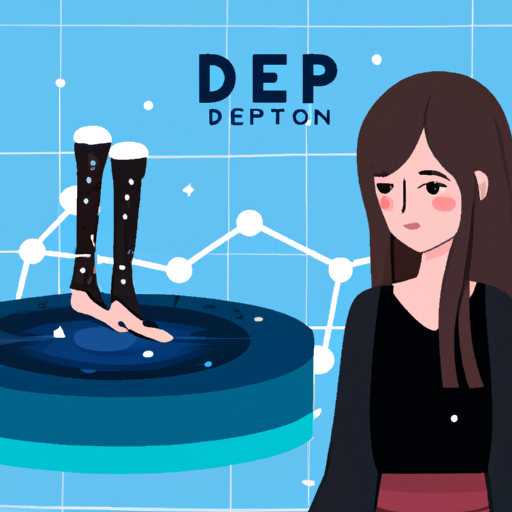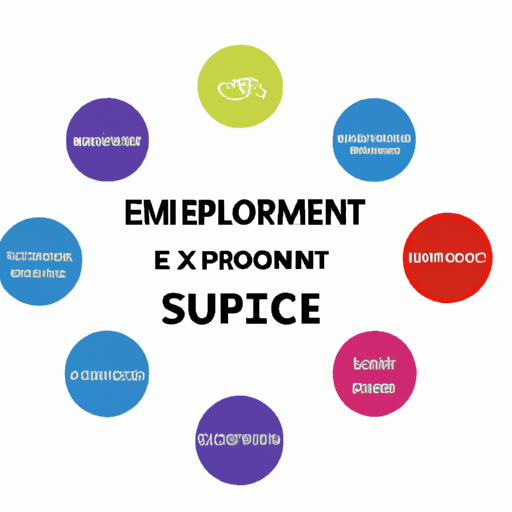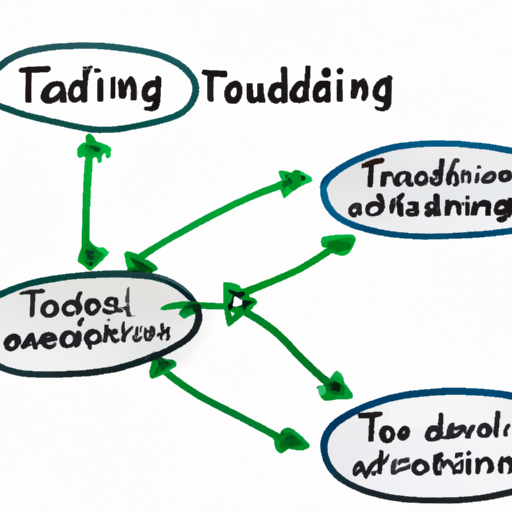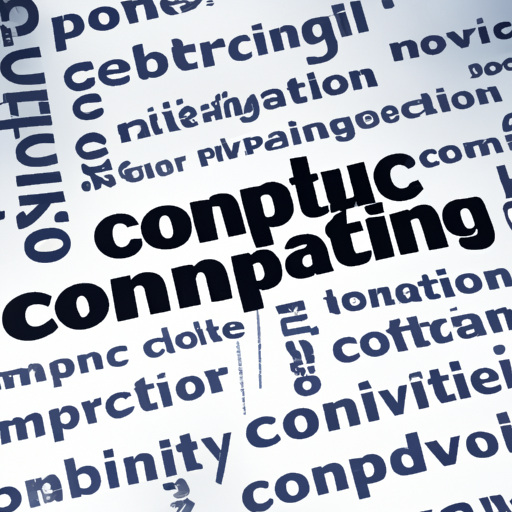The world of artificial intelligence (AI) is evolving rapidly, and at the heart of this evolution lies deep learning. The rise of deep learning frameworks has allowed developers and researchers to create sophisticated models with relative ease. In 2023, several frameworks stand out in the deep learning landscape. Let’s dive into the top deep learning frameworks that you should keep an eye on this year.
1. TensorFlow
Created by Google, TensorFlow continues to dominate the deep learning framework space. Known for its flexibility and scalability, TensorFlow is favored for both research and production purposes. It supports a wide range of neural network architectures and is suitable for various applications including NLP, image recognition, and more.
2. PyTorch
PyTorch, developed by Facebook, has gained immense popularity due to its dynamic computation graph, making it especially useful for research. In 2023, PyTorch is preferred for tasks that require rapid prototyping and experimentation. The community support and extensive libraries make it a strong contender in the deep learning domain.
3. Keras
Keras is a high-level deep learning API that runs on top of TensorFlow. It simplifies the process of building and training deep learning models. Keras is particularly favored by beginners due to its user-friendly interface and robust documentation. Its integration with TensorFlow makes it a popular choice for both newcomers and seasoned professionals.
4. MXNet
Backed by Amazon, MXNet is known for its efficiency in terms of speed and memory consumption, making it suitable for large-scale applications. Its ability to scale seamlessly on multiple GPUs is a significant advantage for enterprise-level projects in 2023.
5. Caffe
Caffe is a deep learning framework that is particularly popular in computer vision tasks. Its speed and modularity make it an excellent choice for image classification, segmentation, and style transfer problems. Caffe’s emphasis on efficiency makes it a preferred choice in academia and industry alike.
Conclusion
As we move further into 2023, the choice of a deep learning framework will significantly impact the efficiency and performance of AI projects. TensorFlow, PyTorch, Keras, MXNet, and Caffe are at the forefront of this evolution, each offering unique features and capabilities. When selecting a framework, consider factors such as your project requirements, ease of use, community support, and scalability. Embrace the future of AI with the right tools!
For the latest updates on deep learning and AI frameworks, stay tuned to our blog!




